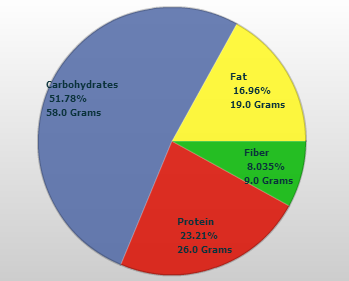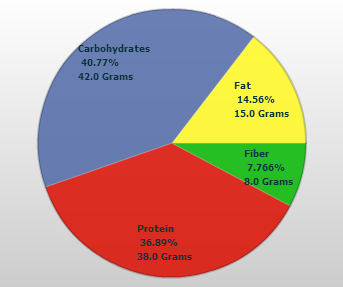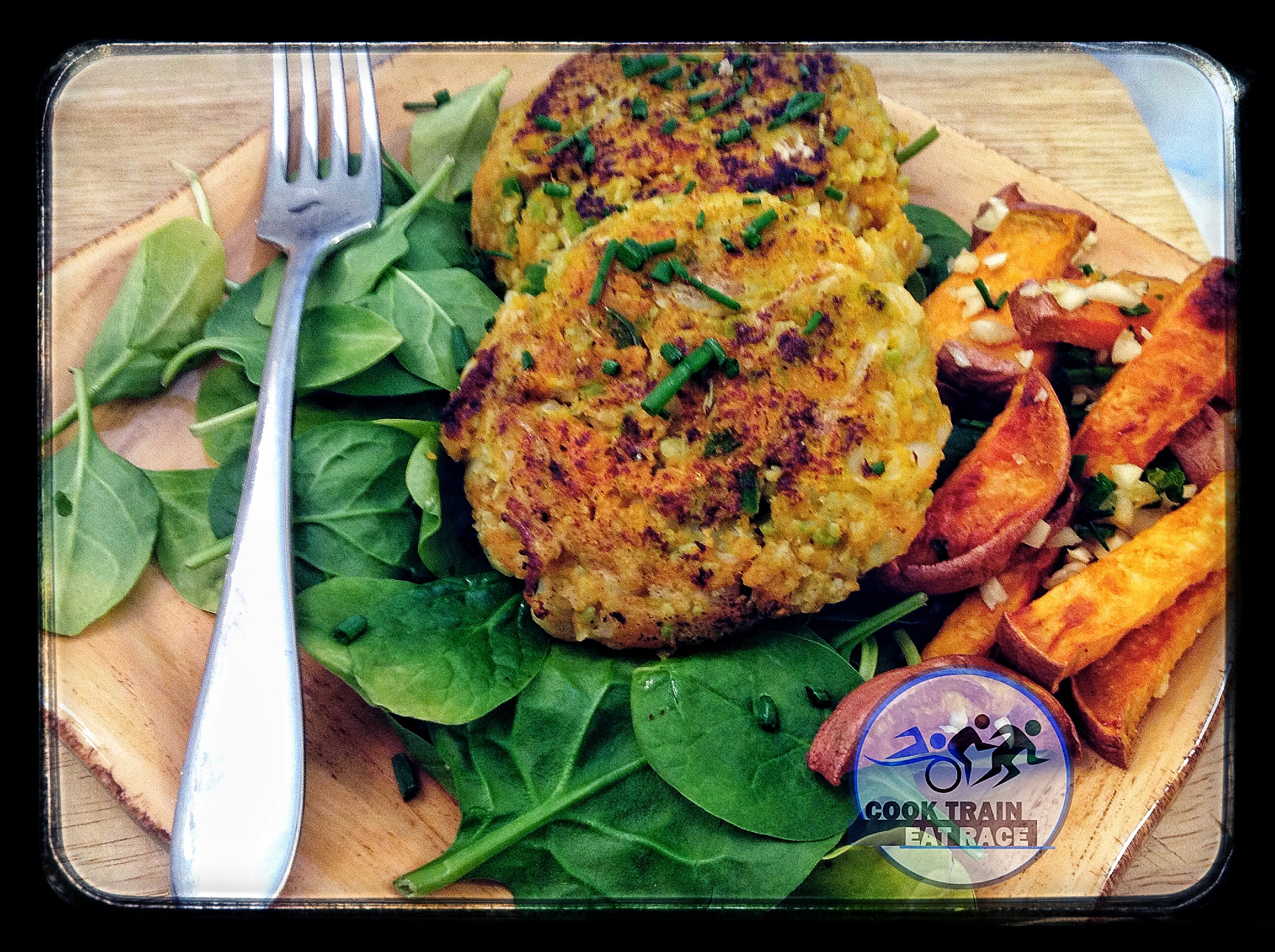In my last post I talked about my re-introduction to metabolic efficiency, where I am a little more focused on my nutrition to make my body a little more efficient burning fat. I also hope to get some small body composition changes out of it.
This week I am going to talk about the changes that I am making to my diet. They aren’t big changes, but they are sustainable changes.
First, I’m watching my carbohydrate intake. I am not going low-carb, but rather making sure I’m “appropriate carb.” What I’m also doing is trying to maintain a 2:1 or 1:1 carb to protein ratio to assist in blood sugar stabilization for most of my meals.
I’m a “habitual” eater, meaning I get in a habit of eating the same things. I eat a variety of foods over the course of the day and week, but for the most part I eat similar breakfasts, lunches, dinners, and snacks. For the last several months, I got hooked on oatmeal for breakfast. Now, oatmeal is a healthy breakfast and training 13-15 hour per week has a pretty high carbohydrate demand. I’d add fruit, whey, and peanut butter or nuts to it. (I’m a bit of a peanut butter addict, so that’s something I’m watching as well.)
The macronutrient (in grams) breakdown looked like this:

58g of carbohydrate along with 26 of protein. A little over a 2:1 carb to protein ratio. Not too bad. And about 500 calories total, which is a solid breakfast to get an active day started for me. But now with about 80% of my training being “easy,” “base,” or “endurance” focus, I don’t need to start my day that way every day. (Wednesday bike interval days are another story.)
I changed up my breakfast slightly for most days to greek yogurt instead of the oatmeal. I add in some wheat germ and milled flax seed, and on higher protein days a little bit of whey protein. I top it with fruit and nuts. Eating nuts instead of nut butter helps me watch my portions but still get the healthy fats. The macronutrient breakdown of this new breakfast looks like this:

42g carbs to 38g protein is almost a 1:1 ratio. But 42g for a meal is certainly not low carb. If we look at an active day for me and at around 62kg, if I consume 4g CHO/kg I do have the energy I need to get in my workouts. On an easy day or rest day, I drop that number down to about 3g/kg carbs.
I don’t focus on the numbers too much after I’ve tracked for a bit to get a feel for what’s going on, I just eat less of the whole grains and more fruits and vegetables. They key is to eat to support my activities while keeping my blood sugar stable. If I am hungry I will eat, but I will choose whole foods and balance the carb:protein ratio.
Yes, to lose weight there should be a slight calorie deficit, which is why trying to lose weight during race season isn’t a good idea. But you can also alter your body composition by modifying the way you eat.
Note: On my “hard” days or big training days, and the night before, if my workout will be in the morning I will make sure I am eating quality carbohydrates in my meal, most often from sweet potato, brown rice, or quinoa. But I still make sure the protein and healthy fats are there as well for a balanced “stable” meal. Don’t forget to consume good carbs in your recovery meal to replenish glycogen stores. If it’s an easy/aerobic workout, a normal meal can have enough carbs for recovery. If it’s a intense threshold workout, it’s probably a good idea to bump up the carbohydrate content a little.
If you are looking to make some changes, track what you eat for a few days to find the opportunity for some changes and go after them. All I basically did was change oatmeal to greek yogurt. How easy is that?





